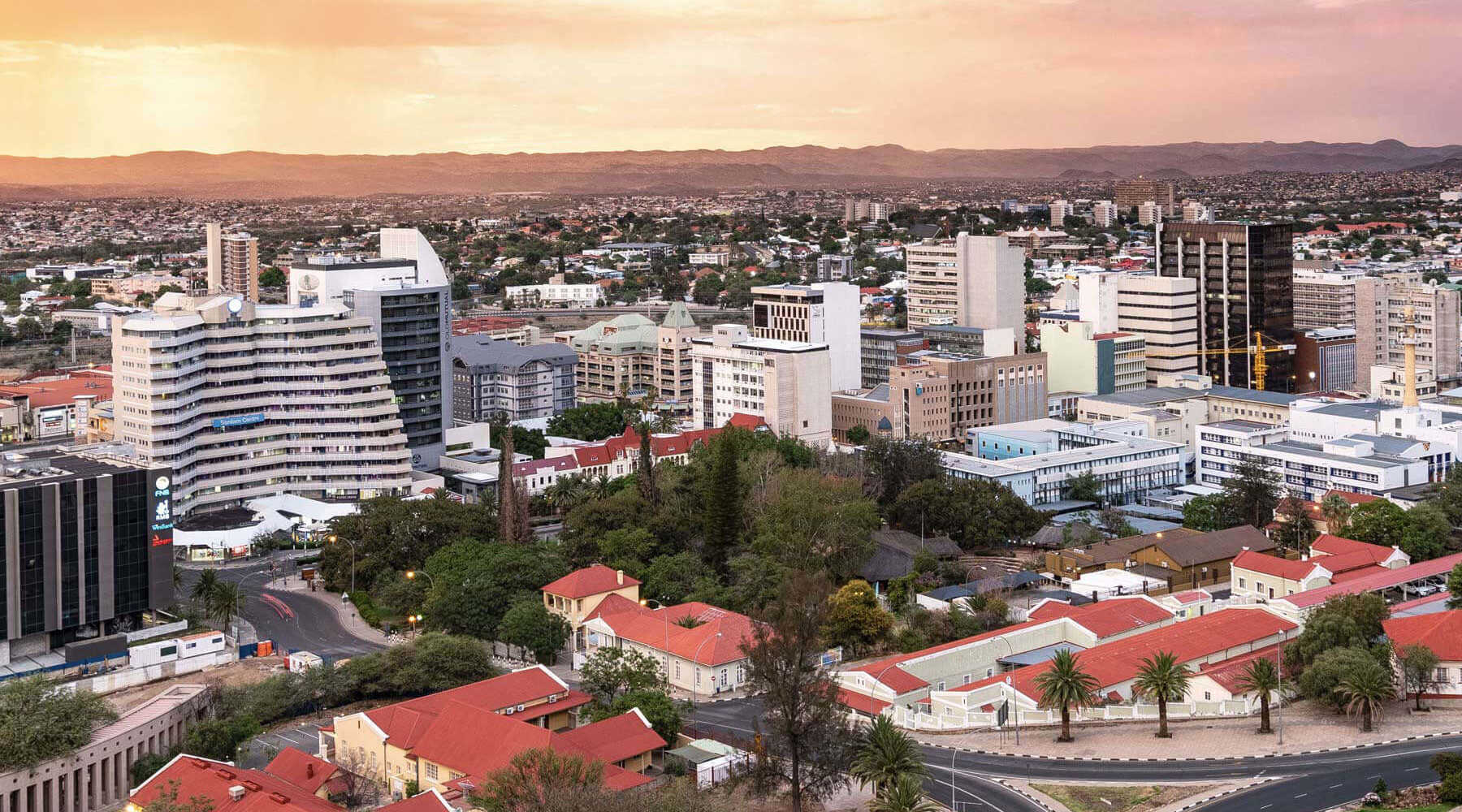Challenge
The MLR’s specification and accuracy requirements for capturing aerial image needed to be determined, and the needs and aspirations of local professional community and citizens needed to be understood in order to ensure the programme delivered true value to the Namibian people.
Solution
OS used its collective land administration and geospatial expertise to deliver a feasibility study. This involved comprehensive analysis of Namibia’s geodetic infrastructure land management systems, and surveying of urban land parcels and the mapping and registration of communal land parcels. The feasibility study report provided the MLR with the information and tasks required to take them to the next stage of their land reform programme.
It included the development of business model options for the use of a Continuously Operating Reference Station (CORS) infrastructure, which delivers the data needed to form a reliable basemap – which would form a foundation for all land management activities.
By using OS’s experience of developing a common services platform, a proposal was developed onto which all Namibia’s critical geospatial applications could migrate. This would consist of reviewing multiple, semi-dependent land information systems at different stages in their life cycle.
Furthermore, OS worked with the MLR to determine the specification and accuracy requirements for capturing aerial imagery to underpin the registration and mapping of rural and communal land parcels, including the design of a new data acquisition, mapping and revision programme.
Result
Integration of land management systems (cadastral, valuation, deeds, communal land registration and flexible land tenure) and improvement of the geodetic infrastructure will support many operations. Efficient management and administration will help reduce costs of the Namibian nation’s land resources. This will be enhanced by sustainable use of those resources to accelerate economic growth across the country. The combination of these two strategies will allow Namibia’s government to tackle the major challenges around disparities in land distribution, supporting better equality and economic growth.
"OS’s work in Namibia provided the necessary basis for the effective planning of their future land management modernisation programme. This helped to address the pressure on land increases from a rapid move to urbanisation over recent years, and recommended a path to ensure the sustainable development of the country."
